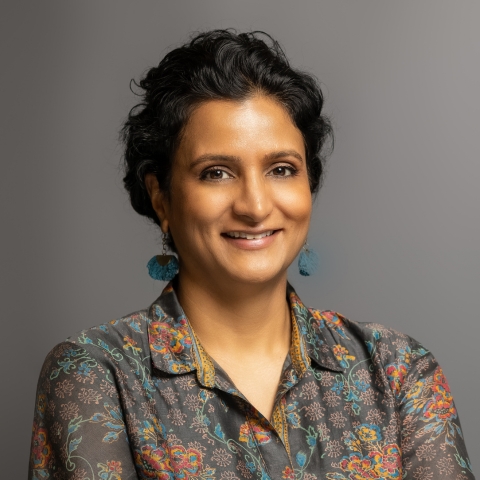Community Enterprise Clinic
Learn transactional lawyering skills by representing grassroots and community-based non-profit organizations, worker-owned cooperative businesses, and other groups seeking to build a more equitable, sustainable, and democratic economic system.
In the Community Enterprise Clinic, you will learn about and engage in community and movement lawyering as you support efforts to build power amongst historically exploited and marginalized communities. Your clients could include start-up nonprofit organizations that need assistance incorporating, obtaining tax exemption and developing bylaws and internal structures.
You might also assist established, mid-sized organizations with more complex transactional projects--to create democratic ownership and governance structures, negotiate contracts and commercial leases, acquire real estate, navigate regulatory compliance, limit tax and tort liability, and help clients plan and execute programs and activities. You will learn to negotiate, mediate, facilitate, draft legal documents, make community presentations, and help clients assess risks and opportunities.
The Community Enterprise Clinic is a collaborative environment in which student lawyers work together in faculty-supervised teams that partner with clients, community partners, and outside lawyers. Evening students are welcome.
Taking a Clinic was one of the best decisions I made in law school. Today, I work in the Tax-Exempt Organizations practice group of a major law firm, utilizing many of the transactional skills I developed while in the Community Enterprise Clinic.
Justin Peters
Carter Ledyard & Milburn LLP
Community Enterprise Clinic 2015

This clinic is supervised by Professor Gowri Krishna. Professor Krishna is a distinguished clinical educator and advocate for economic, racial, and social justice. She has taught community economic development clinics for over a decade at the University of Michigan, Roger Williams University and New York Law School.